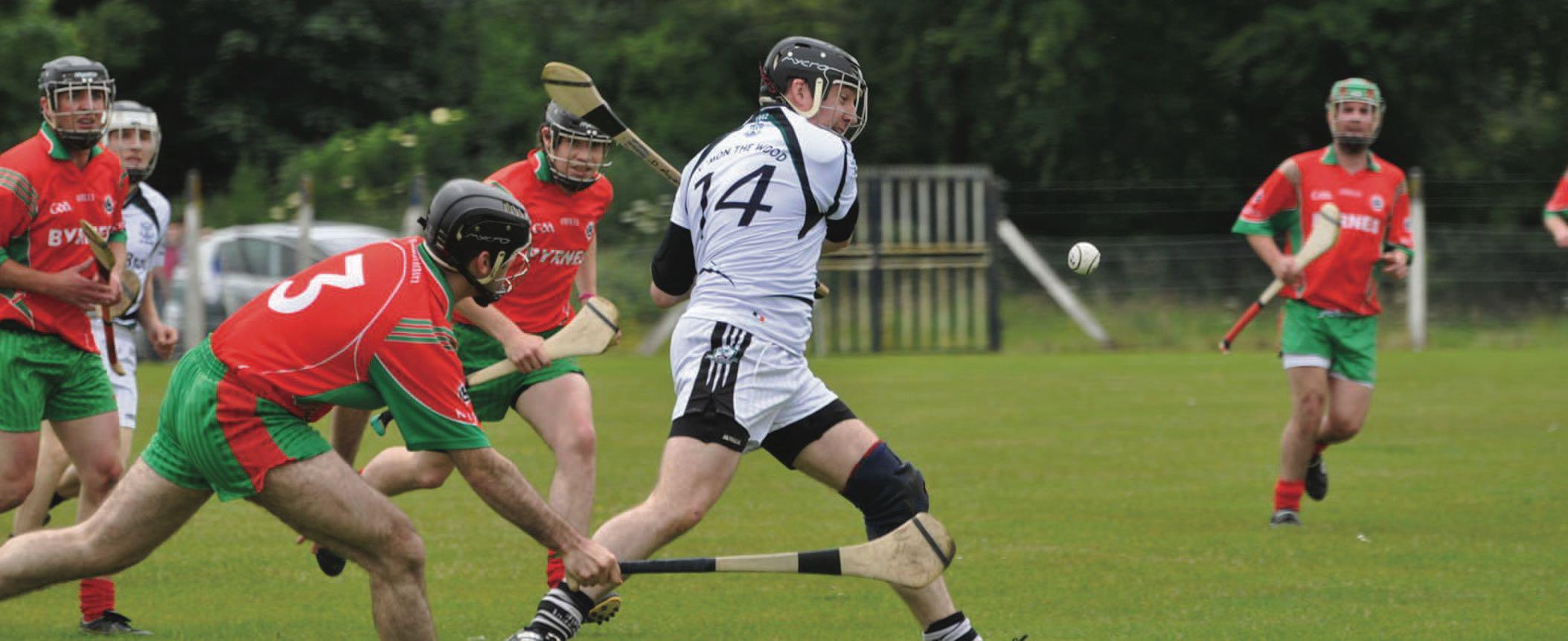
We are often unconscious of what it is we are actually doing in our actions, including while playing sports. But this is a good thing. If people were explicitly aware of all they do, two major things would follow. Firstly, they would be awed by how amazing they are as organisms; secondly, nothing would get done. Therefore, it is important that we come to intuit certain forms of practical knowledge, in order for acts like hammering a nail into a wall or playing sport to be possible.
Michael Polanyi’s book Personal Knowledge: Toward a PostCritical Philosophy (1958) will support us in philosophically investigating the ancient Irish sport of hurling, which is something like a cross between hockey, lacrosse, rugby – and some might add sword fighting. The first part of this article will explain Polanyi’s epistemology of knowledge – in other words, how we know what we know. After that, we will apply this theory to the game of hurling.
Tacit & Other Knowledge
هذه القصة مأخوذة من طبعة February/March 2024 من Philosophy Now.
ابدأ النسخة التجريبية المجانية من Magzter GOLD لمدة 7 أيام للوصول إلى آلاف القصص المتميزة المنسقة وأكثر من 9,000 مجلة وصحيفة.
بالفعل مشترك ? تسجيل الدخول
هذه القصة مأخوذة من طبعة February/March 2024 من Philosophy Now.
ابدأ النسخة التجريبية المجانية من Magzter GOLD لمدة 7 أيام للوصول إلى آلاف القصص المتميزة المنسقة وأكثر من 9,000 مجلة وصحيفة.
بالفعل مشترك? تسجيل الدخول

Metaphors & Creativity
Ignacio Gonzalez-Martinez has a flash of inspiration about the role metaphors play in creative thought.

Medieval Islam & the Nature of God
Musa Mumtaz meditates on two maverick medieval Muslim metaphysicians.

Robert Stern
talks with AmirAli Maleki about philosophy in general, and Kant and Hegel in particular.

Volney (1757-1820)
John P. Irish travels the path of a revolutionary mind.

IT'S A WONDERFUL LIFE
Becky Lee Meadows considers questions of guilt, innocence, and despair in this classic Christmas movie.

"I refute it thus"
Raymond Tallis kicks immaterialism into touch.

Cave Girl Principles
Larry Chan takes us back to the dawn of thought.

A God of Limited Power
Philip Goff grasps hold of the problem of evil and comes up with a novel solution.

A Critique of Pure Atheism
Andrew Likoudis questions the basis of some popular atheist arguments.

Exploring Atheism
Amrit Pathak gives us a run-down of the foundations of modern atheism.